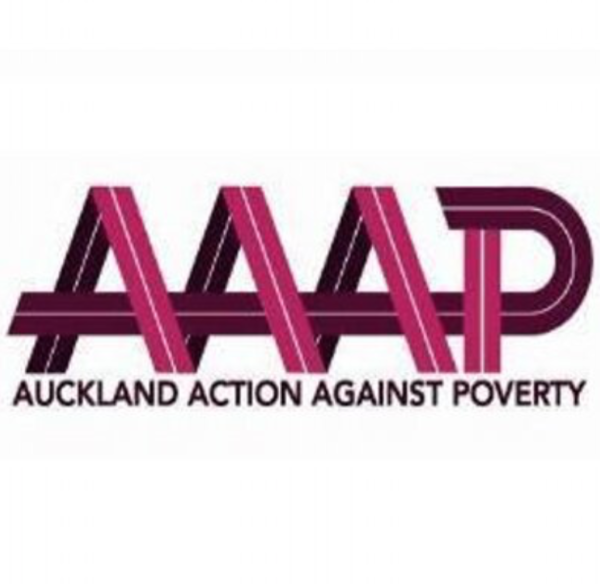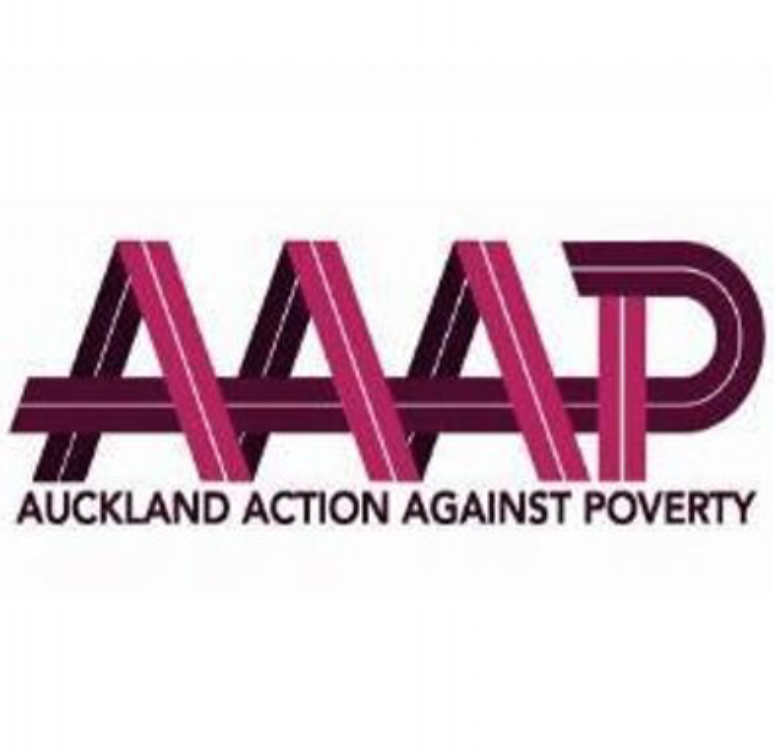
The Child Poverty Monitor 2018 released today shows one in five kids are facing food deprivation. The report also highlights that Māori and Pasifika families are at least twice as likely to have kids facing food deprivation. While only about 15% Pākehā kids are facing food deprivation, compared to 30% of Māori and 35% of Pasifka kids. Auckland Action Against Poverty is calling on the Government to address the systemic discrimination Māori and Pasifika face at Work and Income and the wider welfare system.
“As an advocacy group that has helped over 6,000 people over the course of the year, we have seen first hand the discrimination Māori and Pasifika face when Work and Income case managers have make discretionary choices”, says Kathleen Paraha, Auckland Action Against Poverty Co-Chair.
“Because so many of the hardship applications people make to receive assistance for food are based on arbitrary choices by case managers, they are subject to whatever unconscious biases they have against other people. Māori and Pasifika are likely to be far more scrutinised before receiving any form of assistance if they are presented with a case manager that is being discriminatory.
“While the culture at Work and Income and our welfare system is not the only factor driving the disproportionate numbers of Māori and Pasifika people facing food deprivation, it is one where progress could be made within the short term.
“The Labour led Government already promised some welfare reform but has failed to deliver on them. Despite agreeing that benefit sanctions on sole parents need going, no action has been taken to remove them. Out of the thousands of mothers affected by the sanction, over half of them are Māori.
“Our Government needs to start implementing the promises it made before the election to close the gap between Māori, Pasifika and the rest of the population. It doesn’t need any more reports to show them that our current system is marginalising specific groups. It needs to start removing benefit sanctions and raising benefit levels.”





